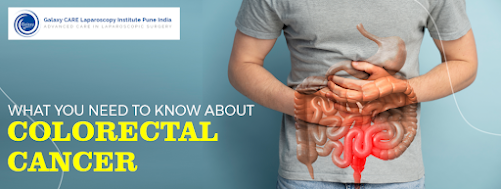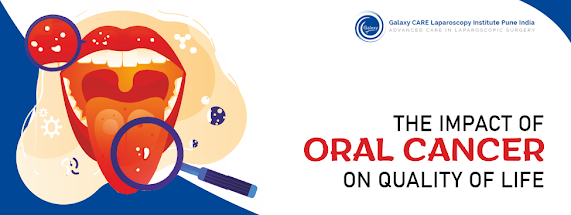What You Need To Know About Colorectal Cancer

Introduction: Colorectal cancer, a type of cancer that starts in the colon or rectum, is a significant health concern worldwide. According to the World Health Organization (WHO), it is the third most common cancer globally, with over 1.8 million new cases reported annually. This blog aims to provide essential information about colorectal cancer, from risk factors and symptoms to prevention and early detection. Risk Factors: Age: Colorectal cancer is more common in individuals aged 50 and older, with the risk increasing as one gets older. Family history: Individuals with a family history of colorectal cancer or certain genetic conditions are at a higher risk. Personal history: Individuals with a history of inflammatory bowel diseases, such as Crohn's disease or ulcerative colitis, may be at an increased risk. Lifestyle factors: Unhealthy lifestyle choices, including a diet high in red or processed meats, low physical activity, smoking, and excessive alcohol consumption...


